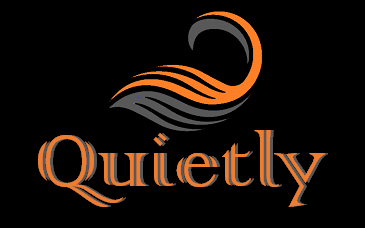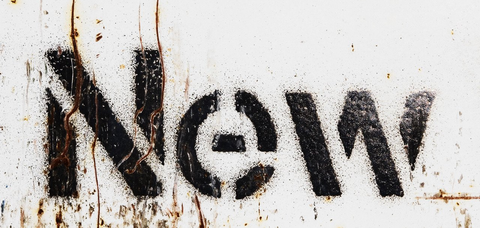THE NUDGE
New paragraph
What is Nudge?
Nudge theory (or theory of liberal paternalism) is a concept of behavioral science, political theory and economics from industrial design practices, which argues that indirect suggestions can, without forcing, influence motivations, incentives and decision-making of groups and individuals, at least as effectively if not more effectively than direct instruction, legislation or enforcement.
Watch the videos ...
The Nudge, why do it?
Nudge, or "coup de coude" in French1, often translated "coup de pouce" 2, is a technique to encourage people or a targeted population to change their behaviors or to make certain choices without being under constraint or obligations and who implies no sanction. This method of influence is called "libertarian paternalism" because it allows you to make your choices without coercion. It was highlighted in 2008 by Richard Thaler Nobel Prize winner in economics in 2017.
"Nudge, the term we will use, is an aspect of the architecture of choice that changes people's behavior in a predictable manner without denying them any options or significantly changing their economic motivations. To look like a simple "boost", the intervention must be simple and easy to dodge. "Helping hands" are not rules to apply. Putting the evidence directly under the eyes is considered a boost. Banning just what not to do or choosing doesn't work. " Richard Thaler






